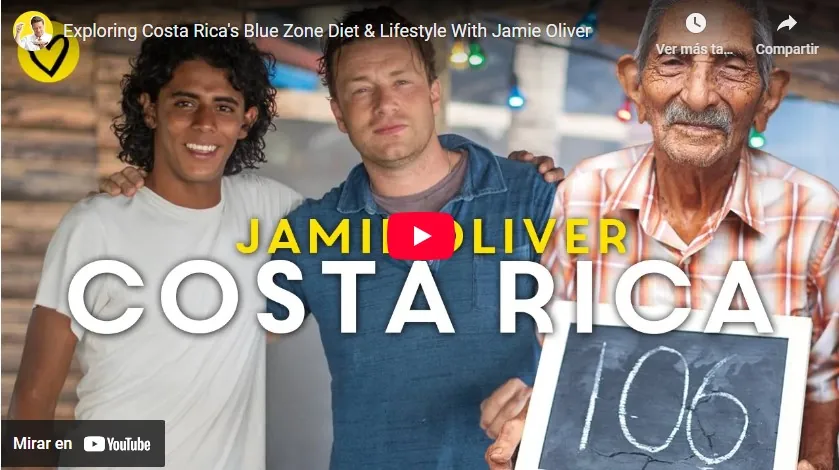In a serene corner of Costa Rica, where nature’s beauty usually offers a tranquil backdrop for the daily lives of its inhabitants, the unexpected horror unfolded on a seemingly ordinary morning. The Terraba River in Osa, known for its lush landscapes and abundant wildlife, became the stage for a chilling encounter between man and beast that left the local community reeling.
At precisely 9:50 a.m., in the sector known affectionately as Rancho Quemado, tranquility was shattered by a crocodile attack that sounded more like a plot from a wilderness survival story than a real-life event. According to the Red Cross, two men, engrossed in the mundane task of collecting water from the river, found themselves in a nightmare scenario when a crocodile, an imposing creature estimated to be between 5 and 6 meters long, launched an unexpected assault.
The attack targeted José Samuel Cruz Rivas, a well-respected farmer in the area, plunging the community into a state of disbelief. The Red Cross swiftly responded, managing to secure one of the victims out of the water in stable condition. However, the search for Mr. Cruz Rivas, aged 65, began with urgency as daylight broke over the river, revealing the grim reality of nature’s ruthlessness.
Ludyn Cruz Cortés, bearing the heavy heart of a relative mourning the loss, recounted the terrifying speed of the attack. “The animal grabbed him by the foot, shook him, sank him, and took him away… again and again,” Ludyn narrated, painting a vivid picture of the struggle that ensued on the riverbank. The search party later discovered Mr. Cruz Rivas’s body, marking a tragic end to the morning’s events, with visible signs of the crocodile’s deadly grip etched into his leg.
In the wake of the attack, Iván Sandoval, a biologist from the National University, offered insights into the behavior of crocodiles, particularly during their nesting stage, which could explain the heightened aggression. He cautioned against venturing near crocodile nesting areas, especially during periods when these ancient predators fiercely defend their offspring. With nesting typically occurring in March, April, or May, the biologist underscored the importance of heightened awareness and precaution during these critical months.
The crocodile’s nesting habits, involving the creation of nests either on the ground or in sand and the vigilant defense of these nests to ensure the safety and suitability of the habitat for incubation, reflect the intricate balance of nature’s cycles. However, this natural process offers little solace to a community shaken by the harsh reminder of the wilderness’s unpredictable power.
As the Terraba River flows on, the story of the morning’s crocodile attack serves as a somber testament to the coexistence of humans and wildlife, fraught with both beauty and danger. The community of Rancho Quemado, united in grief and shock, now faces the task of reconciling with the untamed forces that surround them, reminded of the respect and caution that nature commands.
Source link
admin



